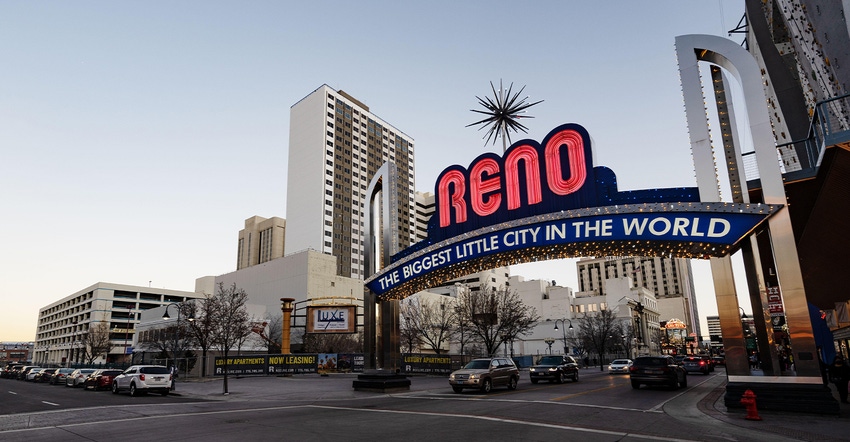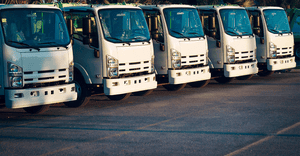Reno, Nevada Project Successfully Turns Wastewater into Drinking Water
A project in Nevada is working to show the usefulness of recycling wastewater by turning it into new, clean drinking water, helping to avoid future drought worries.
July 6, 2023

A project in Nevada is working to show the usefulness of recycling wastewater by turning it into new, clean drinking water, helping to avoid future drought worries.
OneWater Nevada is a demonstration project that shows how the wastewater from toilets and shower drains can be turned back into clean, pure drinking water, creating a new water resource. The project is a collaboration between the Truckee Meadows Water Authority (TMWA), the cities of Reno and Sparks, the University of Nevada, Washoe County (Reno), and the Western Regional Water Commission.
While Reno doesn’t have a history of its water supplies being threatened and was able to avoid a drought via historic snowfall this past winter, there is a worry that water could be an issue in the future due to climate change.
“We don’t know if we would have years-long droughts,” Lydia Teel, an engineer at TMWA, said. “We don’t know if there could be a catastrophic fire on the Truckee River where the quality is decreased for a period of time.”
Other advanced purified water facilities are coastal and can use a technology called reverse osmosis. That process generates brine which gets sent into the ocean. However, Reno doesn’t have that ability and wouldn’t have anywhere to put the brine. Luckily, Teel has found a new technology that addresses that issue.
The new technology uses a combination of charcoal filtering and adding ozone, and after years of testing, since 2017, the team has proven their recycled wastewater meets national and state safe drinking water standards.
After that success, project leaders are designing a large-scale facility which is scheduled to break ground next year. Teel mentioned that the facility will cost roughly $120 million to build and a couple more million to operate.
“People are watching us because we are an inland community,” Teel said. “And we’re really breaking ground as one of the first communities in the nation to be looking at technology like this.”
While the plan is moving forward, it will still take several years of testing the water before it is rolled out to the public.
You May Also Like


